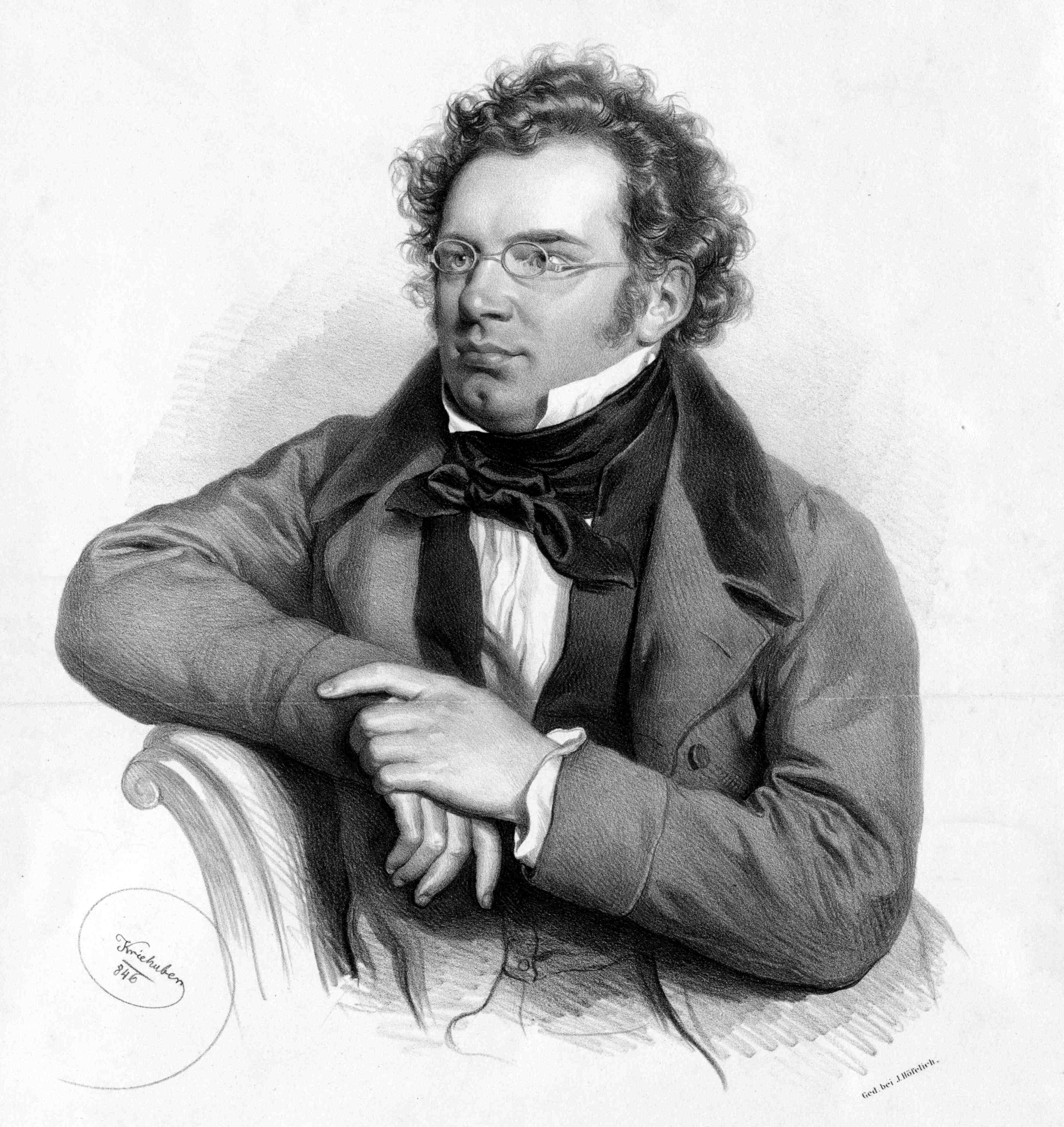
The ‘Spirit of Schubert’ finished a week ago. It was Radio 3’s biggest ‘takeover’ yet – over 200 hours of output devoted exclusively to the work of Franz Schubert. Every one of his ‘performable works’ was played, many in brand new versions, some for the first time ever. It was a remarkable thing – and for a Radio 3 new boy, a very inspiring and energising lesson in Radio 3’s values.
And that brings me to the required disclaimer. I work at Radio 3. But planning for the Schubert began before I joined and my concern is principally with the interactive stuff, so I can’t claim any credit for the idea or for its on-air execution. So I’m not neutral but I think I’ve got enough distance from the thing to offer some observations. So, here are my six reasons why the ‘Spirit of Schubert’ was awesome radio:
- It was a pure radio phenomenon. That’s worth remembering. A radio station did this. The radio industry seems to have more-or-less ignored it but it was a huge, joyful, all-consuming radio stunt. Not the first but quite possibly the biggest ever. And I’m pretty sure you couldn’t do this on TV – you’d have to steamroller too many appointments and it would be far too expensive. Radio rocks!
- It was a public service wonder. The kind of resolutely public service activity, in fact, that justifies the UK’s hybrid radio ecology and should have made executives at Classic FM as happy as those at the BBC. It was immensely brave – testing the limits of both station and audience (over 1200 performances, nearly 700 of them songs!) but I firmly expect the net benefit to be positive, both for Radio 3 and for radio in general – it raises the profile of radio and reminds everyone that singular, courageous content can still come from the senior service. Incidentally, I think it’s instructive to compare ‘the Spirit of Schubert’ with Classic FM’s ‘Hall of Fame‘ – two editorially-ambitious classical music offerings that bridge online and on-air and, between them, neatly define the quite exhilarating range on offer from UK radio right now.
- It was editorially sophisticated. It was excellent radio. BBC values were on display everywhere. The composer’s story was told in many different ways, using the tools of the scholar and curator, of the music broadcaster and of the radio storyteller. In content terms it was a triumph, presenting the life and work of an individual in ways that will, for some listeners – me, for instance – have been life-changing.
- It was packed with innovation. The season saw a step change for Radio 3: in integration of social media, in multiplatform production, in new storytelling techniques and programme formats, in on-air promotion of online content, and in production areas like computerised playout and programme metadata. And that’s just the areas I know about. It was a hothouse for new stuff, much of which will stick.
- It made exceptional use of the station’s assets. Dozens of hours of live performance, big OBs from unusual locations, deep music scholarship and a team (on both sides of the glass) comfortable with a big story.
- It was real storytelling. An immensely satisfying, impossibly engaging story. Reading the overwhelmingly positive reactions online, many talk about ‘falling in love’ with Schubert and about the emotional difficulty of the final stages of his story and – especially – about missing him now that it’s over. It was the kind of bridge to a distant historic period that you can’t get from a one-hour doc or an evening of output. The word is overused in broadcasting but if ‘the Spirit of Schubert’ wasn’t a ‘journey’ then nothing is.
Highlights. There were many. I loved the nightly Play Schubert for Me – a presented show that blended listeners’ voices, records and live performance beautifully. Really sophisticated night-time radio. Mara Carlyle doing Du Bist die Ruh with Max de Wardener in 80A. The In Tune Salon – a frankly unlikely mix of musicology, history and performance set to a drivetime rhythm that really worked and was only occasionally overburdened with music (there was a lot to get in!). The Schubert Lab – quite a feat: upbeat, fun, live radio packed with real musical scholarship – and packaged in shortform nuggets that will thrive in the long tail.
And, if you don’t mind me highlighting some content from my area: @FranzIsUnwell – the clever and moving use of Twitter to tell Schubert’s story (a Caper production for BBC Radio 3) and the highly-immersive library of ‘Schubert Lab’ videos, an entertaining learning tool that will continue to inspire indefinitely (and should be added to the music curriculum at schools everywhere!).
And the station was on fire throughout. There wasn’t a single slack or lazy minute in the 200 hours of output. Sitting in studio 80B‘s booth – as I was lucky enough to be able to do quite a lot during the eight-and-a-half days – what I saw was a radio station bursting with confidence and passion for its work. It was glorious.
- There’s a handy round-up of all the online content from the ‘Spirit of Schubert’ on the Radio 3 blog. Richard Leeming, who produced the interactive element of the season for Radio 3, wrote an interesting account from behind the scenes.


